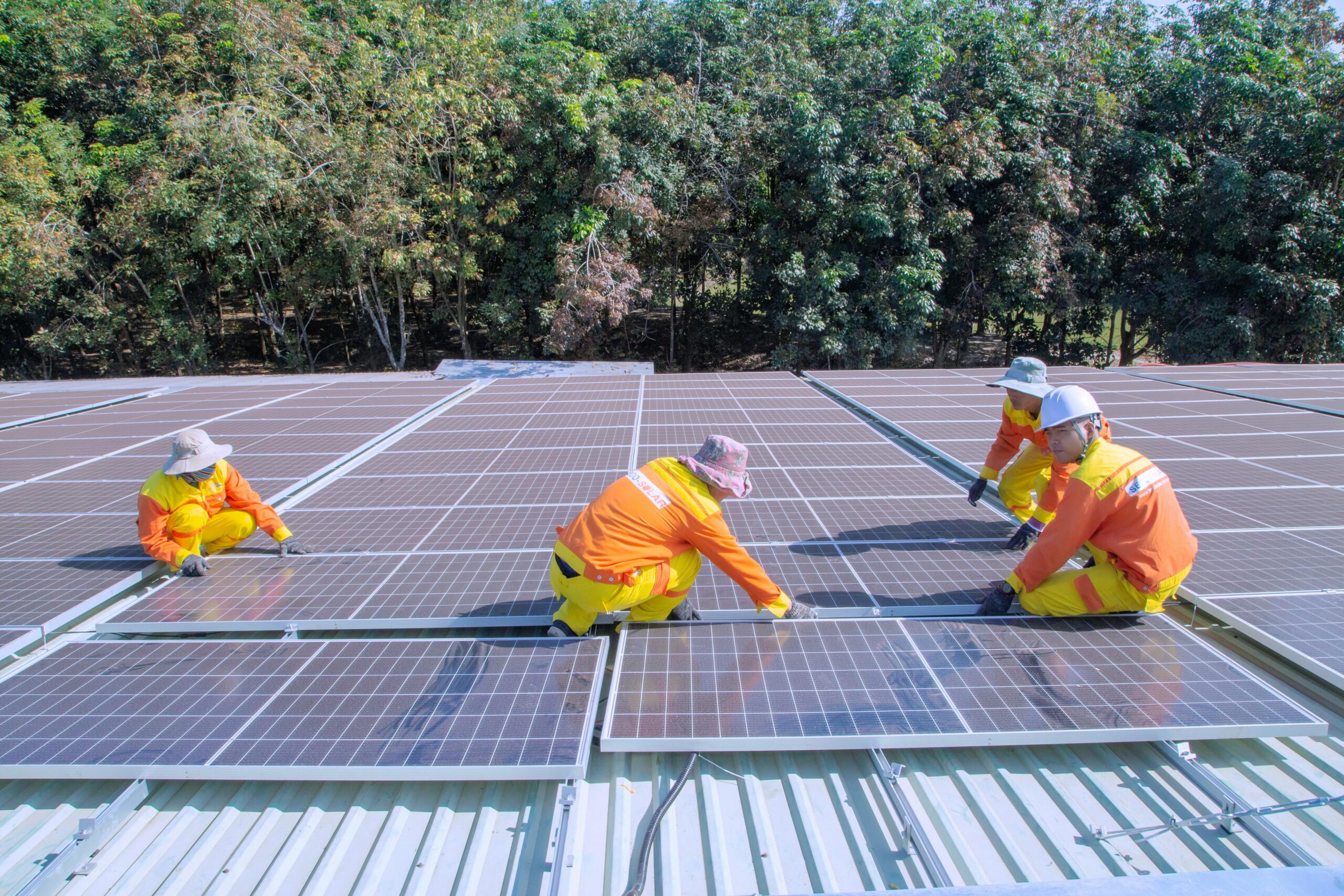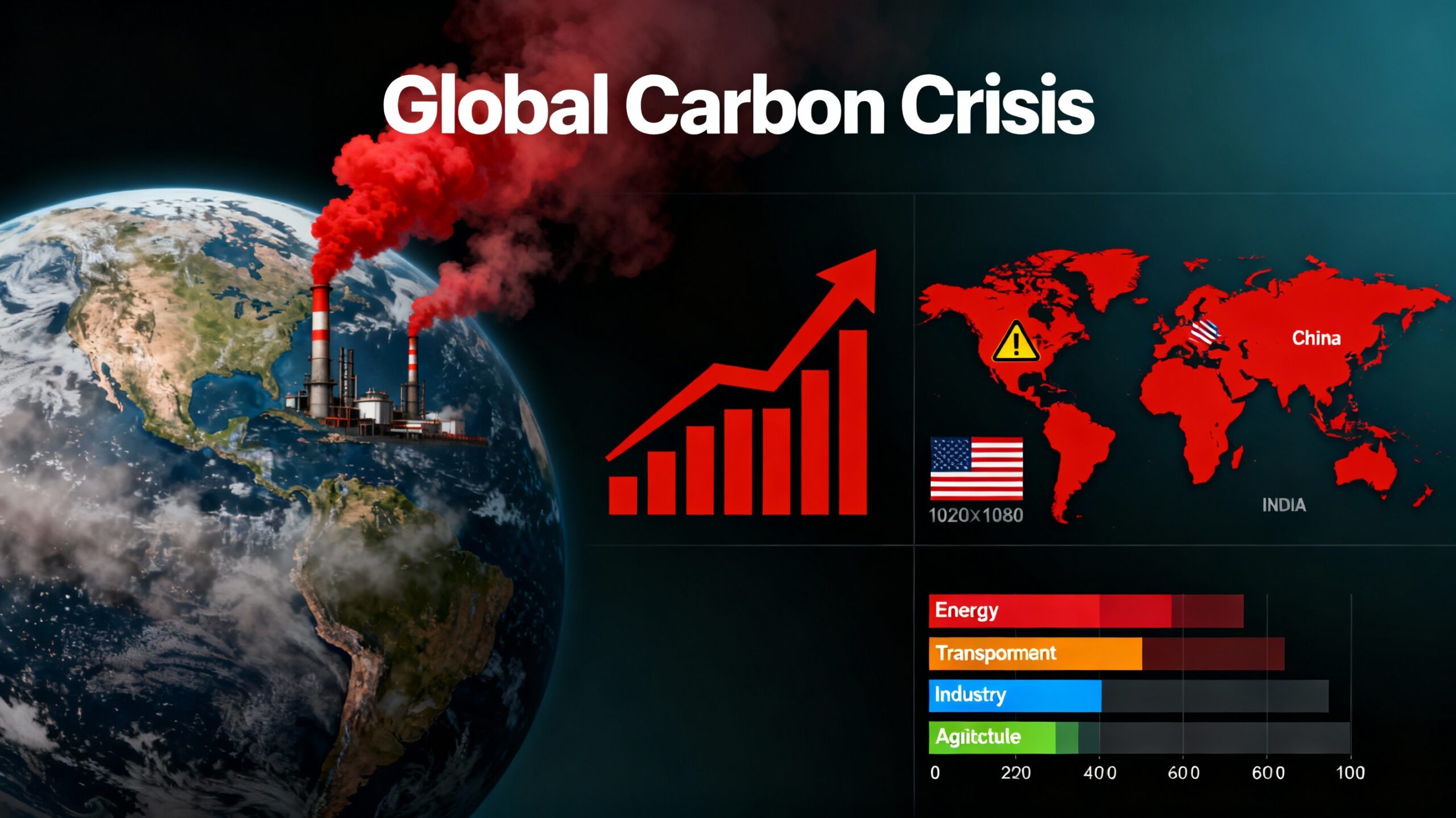As solar energy becomes more popular, many people wonder whether investing in solar panels is truly worth it. While solar power promises clean and renewable energy, the financial side of things is a key factor for homeowners and businesses. In this article, we will break down the economics of solar energy and help you decide if it’s a good investment.
1. Upfront Costs of Solar Panels
The initial cost of installing solar panels is one of the biggest concerns for many people. Depending on the size of the system and the location, the cost for a typical residential solar installation can range from $10,000 to $30,000. However, these prices have dropped significantly over the last decade, making solar more affordable than ever.
Many companies also offer financing options, making it easier for homeowners to spread the cost over several years. Additionally, governments around the world provide incentives such as tax credits, rebates, and grants, which can reduce the upfront cost by 30% or more.
2. Long-Term Savings
The real value of solar energy comes from the long-term savings on electricity bills. Once installed, solar panels produce free electricity for the lifetime of the system, which is typically 25–30 years. Over time, these savings can add up to thousands of dollars. In some cases, homeowners can eliminate their electricity bills entirely.
For example, if your monthly electricity bill is $150, and your solar system covers all your energy needs, you could save $1,800 a year. Over 25 years, this adds up to $45,000 in savings, far exceeding the initial investment.
3. Solar Payback Period
The solar payback period is the time it takes for the savings on your electricity bills to cover the cost of the system. For most residential solar installations, the payback period is between 6 to 10 years, depending on the cost of electricity, the size of the system, and local incentives.
After this payback period, all the energy you generate is essentially free. This means you can continue saving money for the remaining 15–20 years of the system’s life.
4. Increase in Property Value
Another economic benefit of solar energy is the potential increase in your property value. Homes with solar panels are seen as more energy-efficient and can sell for more than similar homes without solar. Studies show that installing solar can increase the value of a home by 4–6%. So, not only are you saving money on energy, but you’re also increasing the overall value of your property.
5. Environmental and Social Benefits
Although not directly tied to money, the environmental and social benefits of solar energy are also worth considering. By switching to solar, you’re helping reduce reliance on fossil fuels, lowering greenhouse gas emissions, and contributing to cleaner air and water. This can lead to long-term savings for society by reducing the costs associated with environmental damage and health issues related to pollution.
6. Challenges and Considerations
Despite the benefits, there are some economic challenges to consider. For example, if you live in an area with low sunlight or in a region where electricity costs are already low, the savings might not be as significant. Additionally, solar energy systems require regular maintenance, and if you’re using a battery storage system, the costs of replacing the batteries must be factored in.
It’s also important to remember that the effectiveness of solar energy depends on the size of your system and the amount of sunlight your location receives. Homes in sunny regions tend to see higher returns on their solar investment.
Conclusion: Is Solar Energy Worth It?
For most homeowners and businesses, solar energy is a smart investment. While the upfront costs can be significant, the long-term savings, increased property value, and environmental benefits make it a financially sound decision. With government incentives, dropping solar panel prices, and rising electricity costs, the economics of solar energy are becoming increasingly favorable.
Ultimately, whether solar energy is worth the investment depends on your specific situation, including your location, electricity usage, and financial goals. However, with a typical payback period of 6 to 10 years and decades of savings ahead, solar energy offers a compelling case for those looking to invest in clean and cost-effective energy.




